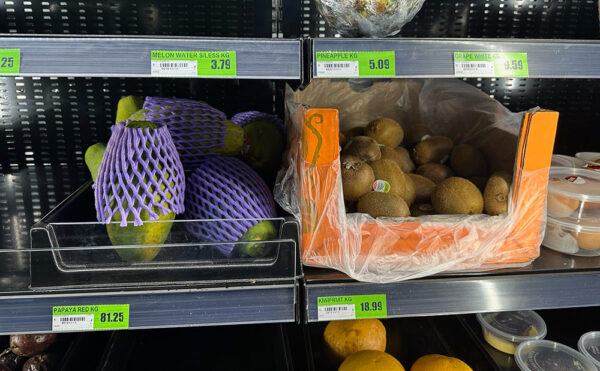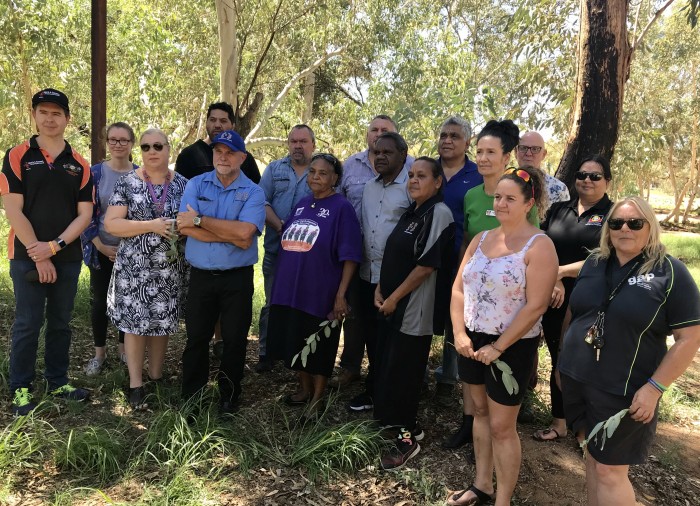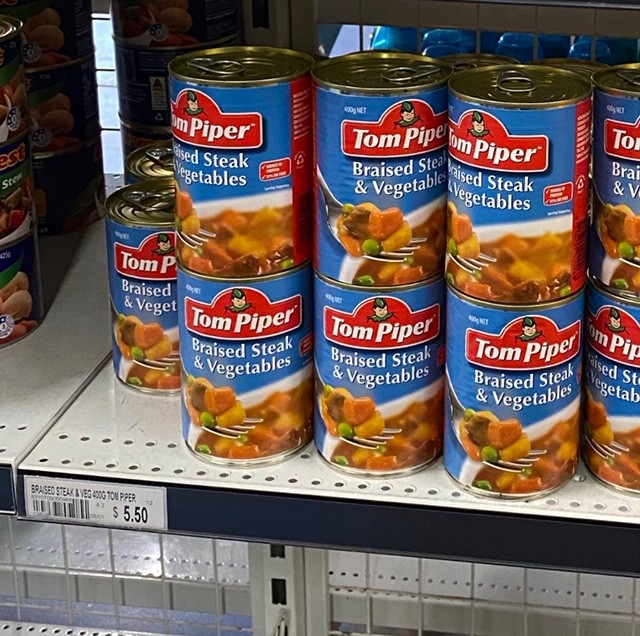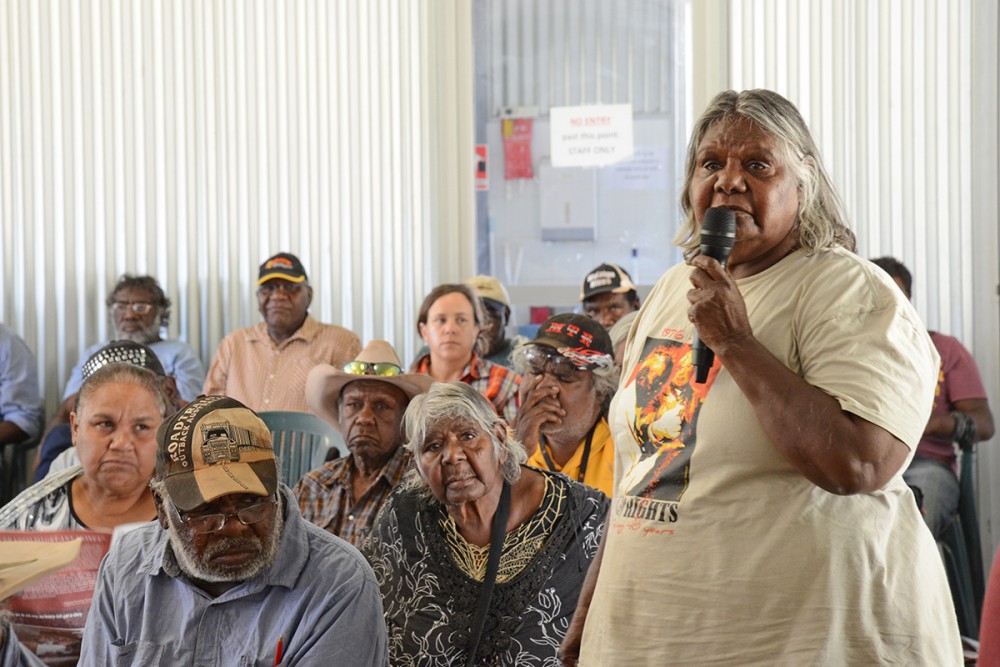The Aboriginal Peak Organisations of the Northern Territory (APO NT) is calling on the federal government to enter a genuine partnership to achieve improved outcomes for Aboriginal people in the NT, amid the crisis in Alice Springs.
APO NT is seeking a commitment from the federal government to enter negotiations about the future of the National Partnership on Northern Territory Remote Aboriginal Investment and to agree future policies, programs and funding through a three-way formal agreement between the Commonwealth and Northern Territory governments and APO NT.
Dr John Paterson, APO NT spokesperson and CEO of the Aboriginal Medical Alliance Northern Territory said the time has come to put the intervention era and knee jerk responses to an end.
“What we need is for the Commonwealth and Northern Territory governments to sit down with the organisations controlled by our communities and negotiate a formal agreement on new policies, programs and funding to improve outcomes for Aboriginal people right across the Territory.
With the National Partnership on Northern Territory Remote Aboriginal Investment coming to an end there is an opportunity to build a new approach, based on a formal partnership between governments and APO NT and our communities,” Dr Paterson said.
Mr Jerome Cubillo, APO NT spokesperson and CEO of the Northern Territory Indigenous Business Network added, “We need a significantly different policy and program focus based on the priorities of Aboriginal people, that supports the sustainability of communities and responds to the underlying social and economic issues.”
“There needs to be a greater Territory wide focus on critical priorities like youth support and community safety. Importantly, we also need to start backing Aboriginal led economies, business and jobs on Aboriginal Land.
We need governments to sit down with APO NT members and negotiate and agree a new investment package together. This is what will help make lasting change for our communities and put the yo-yo interventionist approach to an end,” Mr Cubillo said.
“A new funding package, on its own, delivered through existing arrangements with the Northern Territory government or through another Commonwealth intervention, will unlikely receive the buy-in on the ground needed to achieve improved outcomes for our communities.
“We also need governments and Oppositions to stop thinking about Alice Springs in isolation. We need a whole of Territory response, one that sees the connection between regional towns, like Alice Springs, and our communities,” Dr Paterson said.
“With the legacy of failed approaches, APO NT is ready to work with the federal and NT governments to move on from the Intervention era and urgently get the settings right to improve the life outcomes of Aboriginal Territorians.
APO NT has put its proposal to both governments and we are waiting on a response.”
ENDS
About APO NT: The Aboriginal Peak Organisations Northern Territory is a formal alliance that, through its membership, represents the majority of Aboriginal people in the Northern Territory.
The alliance was formed to provide a more effective response to key issues of joint interest and concern affecting Aboriginal people in the Northern Territory, including working in genuine partnership with governments to achieve better outcomes for Aboriginal Territorians.
The alliance comprises the Aboriginal Medical Service Alliance Northern Territory (AMSANT), North Australian Aboriginal Justice Agency (NAAJA), Central Land Council (CLC), Northern Land Council (NLC), Tiwi Land Council (TLC), Anindilyakwa Land Council (ALC), Aboriginal Housing NT (AHNT) and the Northern Territory Indigenous Business Network (NT IBN).
Contact: Interviews with spokespeople can be organised by contacting Theresa Roe 0429 991 765, theresa.roe@apont.org.au
Download the PDF




